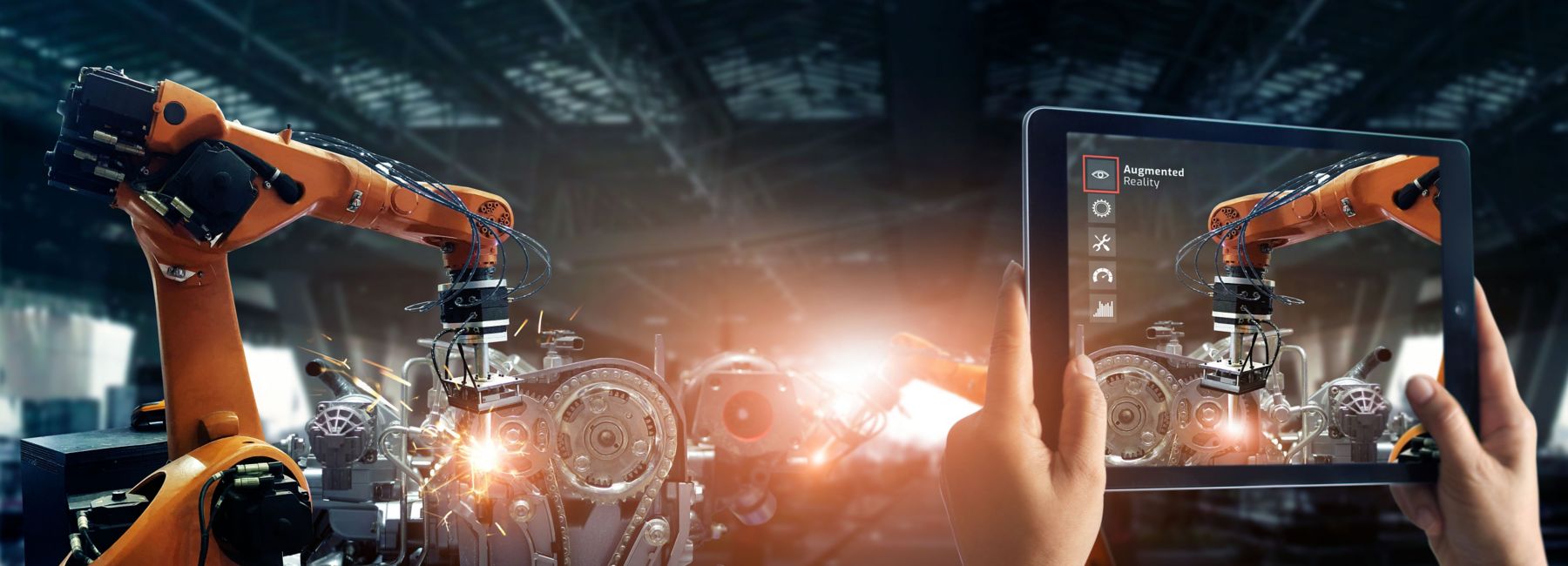Harnessing strategic partnerships is often necessary for deriving impactful business outcomes from complex technologies. DXC Technology worked closely with Microsoft and Dell Technologies to implement a modern cloud-based infrastructure that is delivering improved performance, lower costs and other benefits for a global manufacturing company.
The Europe-based manufacturer is a leading producer of industrial products such as ball bearings, seals and lubrication systems, with 70+ manufacturing sites serving customers in more than 120 countries. The company wanted to implement a modern technology platform that would allow for a more data-driven manufacturing process while increasing standardization and optimizing costs.
Moving to data-driven manufacturing
Cost optimization is a challenge in manufacturing because there are no standardized technical platforms or common ways of working across factories. Keys to successful integrated manufacturing across multiple global sites include establishing standardized workflows and processes, implementing centralized data management, and deploying an advanced IT infrastructure that supports connectivity, data exchange and communication among disparate locations.
In addition, coordinating supply and distribution chains across sites requires accurate data and real-time visibility of material availability, inventory and shipping schedules. Local factory sites for this manufacturer had adopted a variety of solutions to meet immediate needs, making it challenging to manage the full manufacturing process on a global scale. The company was looking to implement a standardized IT infrastructure platform across factories and digitize the full value chain to power a shift to data-driven manufacturing.
To tackle the task of deploying a modern technical platform across multiple geographies, the manufacturing company turned to DXC and its robust partner ecosystem to develop and implement a comprehensive hyper-converged infrastructure (HCI) stack. An HCI stack is a software-defined IT infrastructure solution that combines computing, storage, networking and virtualization resources into a single integrated platform. Among its many benefits, an HCI stack can help companies reduce and standardize data, as well as make it easier to provision and manage infrastructure components.
At the same time, Luxoft, a DXC Technology company that specializes in advanced software engineering solutions, developed a series of applications on various levels of the manufacturing pyramid to help the manufacturer pursue its digitization goals. This included the creation of tools that contain key production and performance indicators that can enable cost reductions and better control over the manufacturing process.
Leveraging expertise and partnerships
With extensive manufacturing industry experience and the resources of a vast partner ecosystem, DXC is a global leader in integrating and orchestrating complex IT solutions that leverage best-in-class technologies. In this case, DXC relied on longstanding global partnerships with industry-leading technology providers Microsoft and Dell Technologies to work with the manufacturer to plan, design and implement a modern infrastructure platform.
A highly integrated Microsoft Azure HCI Stack was selected as the optimal solution. DXC fully architected the solution with the project team and is providing end-to-end managed services in areas such as design, build, order and run. The manufacturing company is the first to implement the Microsoft Azure HCI Stack on a global scale.
The Microsoft solution allows the company to quickly collect machine and sensor data on the factory floor and stream it into Azure SQL Edge, an IoT database for edge computing, then route the data to an Azure Arc-enabled Azure SQL Managed Instance. This closed-loop setup lets the manufacturer store and process data at the source, providing real-time access to information that can be used to optimize the business.
DXC also tapped into Dell’s experience, expertise and resources. Dell Integrated Systems for Microsoft Azure Stack HCI provides essential tools and integration capabilities to help the manufacturing company have a seamless Azure experience across its factory sites. Dell also provides the hardware stack powering the advanced HCI solution, as well as short-term storage (STS) solutions.
The fully engineered solution offers comprehensive IT operations and lifecycle management automation that help accelerate and optimize workload deployments. In addition, through native capabilities and numerous integrations, Dell ensures consistent security and compliance policies across dispersed locations throughout the centralized Azure Arc control plane. These integrations help to streamline and centralize management across the manufacturer’s locations.
Close cooperation between the manufacturing company, DXC, Microsoft and Dell was integral to the successful rollout. Like DXC, Microsoft and Dell have a vast global reach, meaning that each company’s resources are closely aligned in all regions where a factory is located. Tactical cooperation among managers for all companies proved essential in maintaining seamless communication and highlighting any issues that arose.
Value delivered
Improved quality and performance
The manufacturing company clearly achieved its goals of improving standardization across manufacturing sites and becoming a more data-driven organization. The modern technical platform gives the company not only the ability to make data-driven decisions, but also to deliver products in a more cost-effective manner. In addition to reducing costs through increased standardization across locations, removing the sprawl of temporary solutions has freed up the company to be more innovative.
The successful deployment of the modernized HCI-driven IoT platform allows for comprehensive shop floor visualizations, as well as the use of industrial AI/machine learning models for optimizing processes. As one example, the company is using Luxoft-developed optimization software to fine-tune the production process and now has the capabilities to gather detailed data on the performance of specific parts used in the manufacturing cycle.
Digital toolbox reports and shop-floor dashboards visualize essential production data, and outputs such as operator views and plant simulations can be generated. The root causes of decreases in production quality can be easily identified and recommendations for adjustments can be provided to operators in real time. This results in improvements in manufacturing quality and performance, as well as reductions in wasteful scrap and rework.
The implementation of a modern HCI platform can spell success for manufacturers that are constantly looking to increase efficiency and reduce cost per unit. The continuous innovation and solutions developed as part of this project can bear fruit for other companies in the sector, as well as in other industries, including logistics and health sciences.
